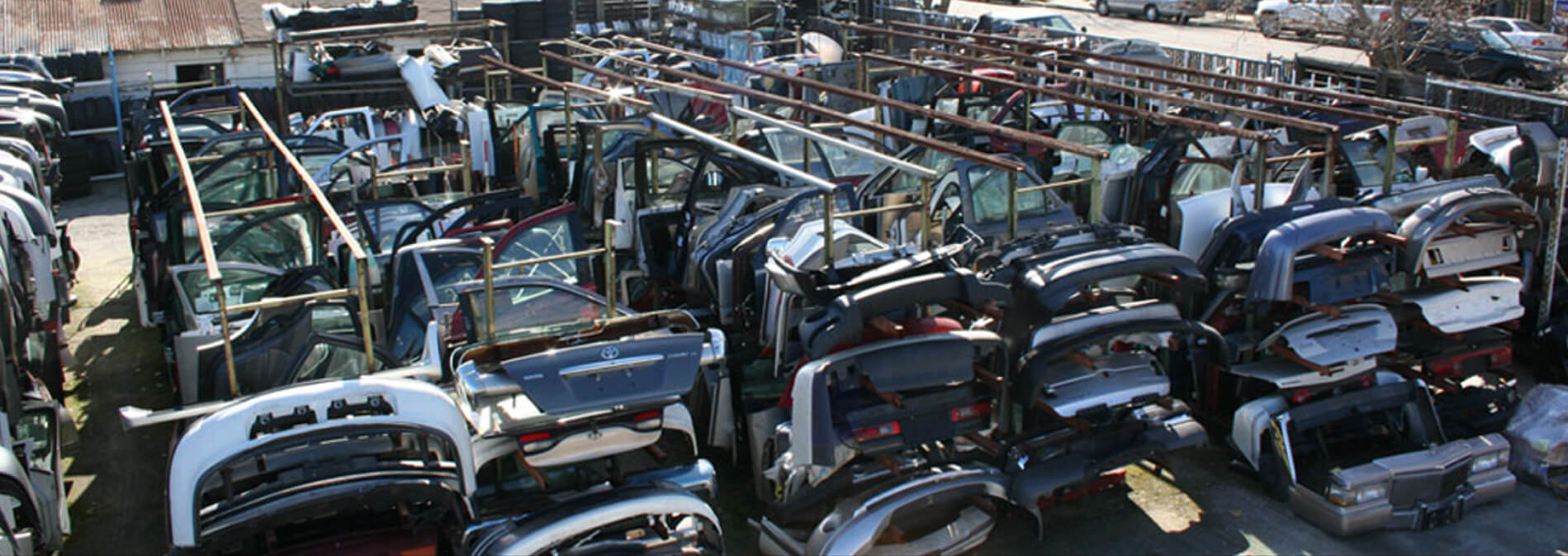Smoke Signals: Decoding Why Your Car is Burning Oil
When your car starts burning oil, it’s sending you a signal that something’s amiss under the hood. This common problem can stem from various issues, ranging from simple wear and tear to more complex engine troubles.
1. Understanding Oil Burning:
Burning oil occurs when oil escapes from the engine and burns alongside fuel. This can lead to a decrease in oil levels, increased emissions, and potential damage to engine components.
2. Common Causes:
The usual suspects include worn valve seals, deteriorating piston rings, and excessive engine wear. Over time, these components can lose their ability to contain oil effectively, leading to leakage and burning.
3. Symptoms to Watch For:
Keep an eye out for blue smoke from the exhaust, a burning smell in the cabin, and a rapidly decreasing oil level. These are telltale signs that your car is burning oil.
4. Checking the Oil:
Regularly check your oil level and quality. If the oil quickly gets low or appears dirty soon after changing it, these are indications of oil burning.
5. The Role of Engine Age:
Older engines are more prone to burn oil due to years of wear and tear. However, even newer models can face this issue if not maintained properly.
6. Addressing the Problem:
If you suspect your car is burning oil, consult a mechanic. They can perform a compression test or other diagnostics to pinpoint the exact cause and recommend a solution.
7. The Cost of Neglect:
Ignoring the problem can lead to severe engine damage, expensive repairs, and decreased performance and efficiency. It’s crucial to address oil burning issues promptly.
8. Preventative Measures:
Regular maintenance, including timely oil changes and engine check-ups, can prevent or minimize the risk of burning oil.
Understanding why your car is burning oil and taking prompt action is key to maintaining its health and longevity. Stay vigilant and responsive to your car’s needs to ensure a smooth and reliable ride.


